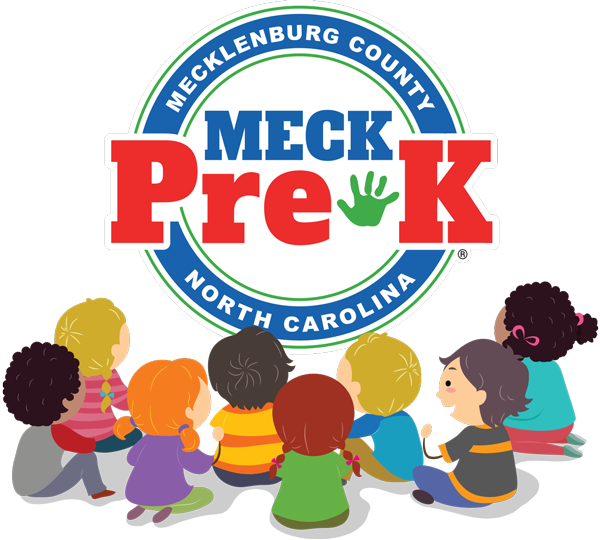By age four, children’s brains are undergoing extraordinary growth. In fact, about 90% of the brain’s structure is in place by age five, and the circuits for thinking, planning, and self-control are especially active. That makes the pre-K years a powerful window for building skills that help children solve problems and make good decisions now and in the future.
What’s Happening in the Brain at Age Four
During the preschool years, the brain’s prefrontal cortex—the region that manages planning, working memory, and self-control—is developing rapidly. Researchers describe this period as a “critical window” of heightened plasticity: neural connections are forming at lightning speed, then pruning back to become more efficient (PMC – Brain Development During the Preschool Years).
These everyday experiences literally shape the brain’s “architecture.” Activities that encourage trying new ideas, weighing options, and thinking ahead strengthen the pathways that support reasoning and decision-making later on (Harvard Center on the Developing Child – Brain Architecture).
Why This Matters for Problem-Solving and Decision-Making
Around age four, most children can:
- Hold more than one idea in their heads at once (working memory).
- Pause before acting and follow simple rules (inhibitory control).
- Switch from one way of doing something to another when needed (cognitive flexibility).
These “executive function” skills are the foundation for solving problems and making choices. When pre-K programs nurture them, children are better able to plan, adjust, and persist when something doesn’t work the first time. Those same skills predict later success in school and life (PMC – Executive Functions in Early Childhood).
How Pre-K Nurtures These Critical Skills
High-quality pre-K classrooms are designed to take advantage of this developmental sweet spot. Children get to practice problem-solving and decision-making in ways that are fun, safe, and guided by caring adults. For example:
- Play with purpose: Building structures with blocks, experimenting with art materials, or engaging in dramatic play helps children test hypotheses, plan, and revise their ideas (Harvard Center on the Developing Child – Play in Early Childhood).
- Games with rules: Board games, movement activities, and sorting games teach children to follow directions, wait their turn, and adapt when rules change.
- Storytelling and reflection: Reading books and talking about characters’ choices helps children think about consequences and alternatives.
- Guided choices: Teachers offer opportunities for children to choose materials, partners, or methods, giving them practice in making decisions and experiencing outcomes.
- Responsive relationships: Back-and-forth (“serve and return”) interactions with teachers build the self-regulation and confidence children need to take thoughtful action (First Things First – Brain Development).
Practical Tips for Families
Families can reinforce these skills at home by:
- Offering limited choices (“Do you want to wear the red shirt or the blue shirt?”).
- Asking open-ended questions (“What might happen if…?”).
- Playing simple games that involve taking turns, following rules, or remembering patterns.
- Talking about decisions after they’re made (“How did you decide to build it that way? What would you do differently next time?”).
These everyday interactions give children repeated, low-stakes opportunities to strengthen the same brain circuits they’re using at school.
A Strong Foundation for Life
Problem-solving and decision-making aren’t just academic skills—they’re life skills. When children learn to pause, think ahead, and consider alternatives in the supportive environment of a pre-K classroom, they’re developing habits of mind that will serve them for years to come. By understanding the rapid brain development happening at this age and providing rich opportunities to practice, families and educators can give children one of the best possible head starts.
About MECK Pre-K
MECK Pre-K is a high-quality pre-K program open to all four-year-old children in Mecklenburg County at no cost to families. Classrooms are located in licensed childcare centers and taught by licensed teachers and highly qualified assistant teachers. You can apply online at MeckPreK.org.
Do you have a child who is not old enough for pre-K this year? Sign up for our email list and be notified when they’re eligible for MECK Pre-K. Simply go to MECKPrek.org/future-meck-pre-k-students and select your child’s age group.

